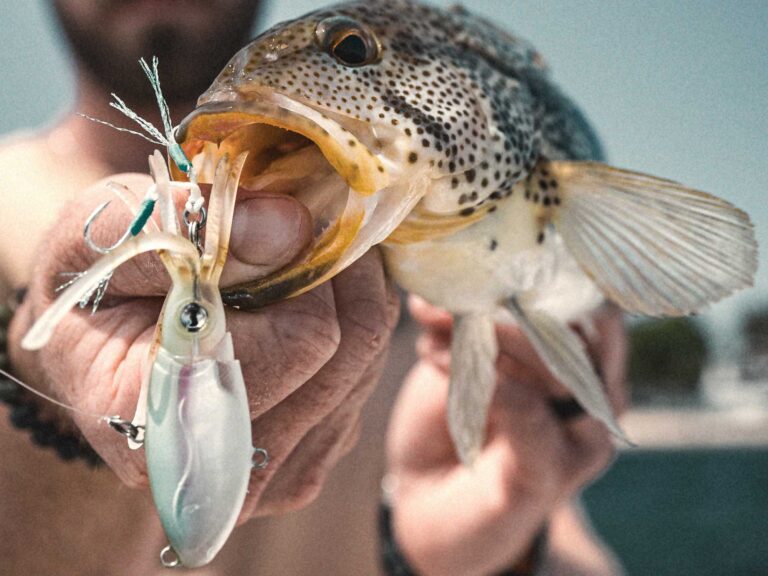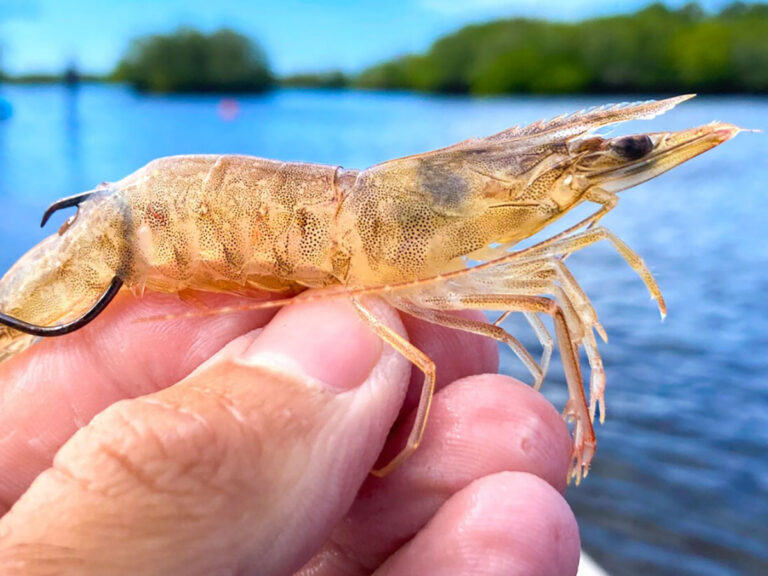The number of summer flounder that managers allow to be harvested has been diminishing for years while the stock is in a rebuilding mode. Scientists, as is often the case in fisheries, didn’t know everything they needed to know about the species. Only recently have they learned that male fluke only live for, on average,12 years, while females live 14 or so. So the species is not as productive as previously calculated.
Now a new summer flounder stock assessment released by the National Marine Fisheries Service in July reflects that and other recently acquired knowledge about the flatfishes’ natural mortality rate. It suggests that the size of the spawning stock necessary to produce maximum sustainable yield is lower than previously thought.
Thus, it is unlikely that anglers will ever see the harvest rates of just a few yeas ago because the smaller spawning stock suggested by the last stock assessment will yield far fewer fish than previously calculated. Charles Witek, Vice Chairman of the Coastal Conservation Association’s National Government Relations Committee, predicts in a message to members that even when the stock is fully recovered, harvest will still have to be closely regulated. While the new assessment ultimately means reduced harvest and reduced opportunity for anglers, CCA will not contest the management process outcome, he wrote.
“CCA is committed to science-based fisheries management,” he argues, “and the integrity of the stock assessment peer review process. The new assessment is the fruit of such a process, and thus demands our support, even if it means that, in the long term, recreational harvest will never be as large as we, and I suspect many anglers, would have liked to have seen.”
Witek writes dubiously of fishing industry spokesmen calling for “flexibility” in the Magnuson-Stevens Fisheries Conservation and Management Act. Rather, he argues, the 2008 summer flounder stock assessment has demonstrated how flexible the Magnuson Act is. When presented with new data bringing the rebuilding target into question, that target was reduced to reflect newly learned facts about summer flounder.
“While the management process doesn’t respond well to politically-motivated arguments,” he wrote, “and isn’t designed to let a handful of people profit at the expense of a public resource, when confronted with good data and verifiable scientific evidence, the process proved flexible indeed.”









